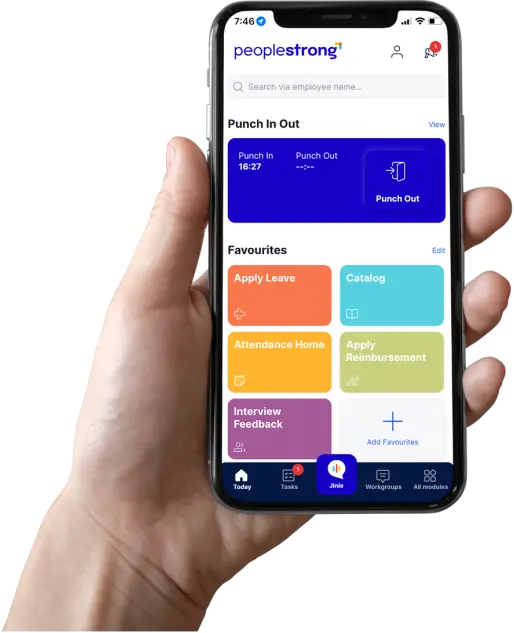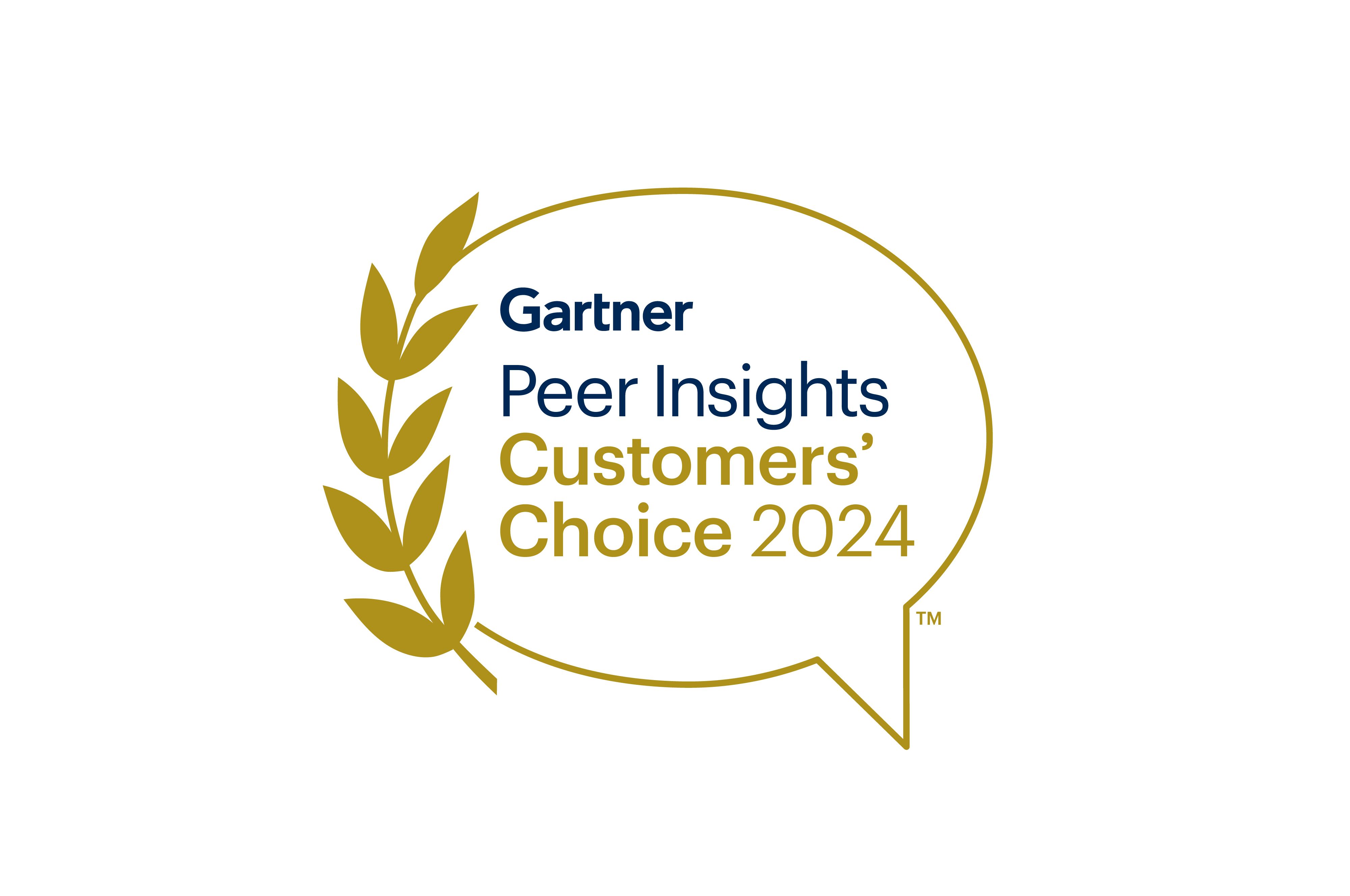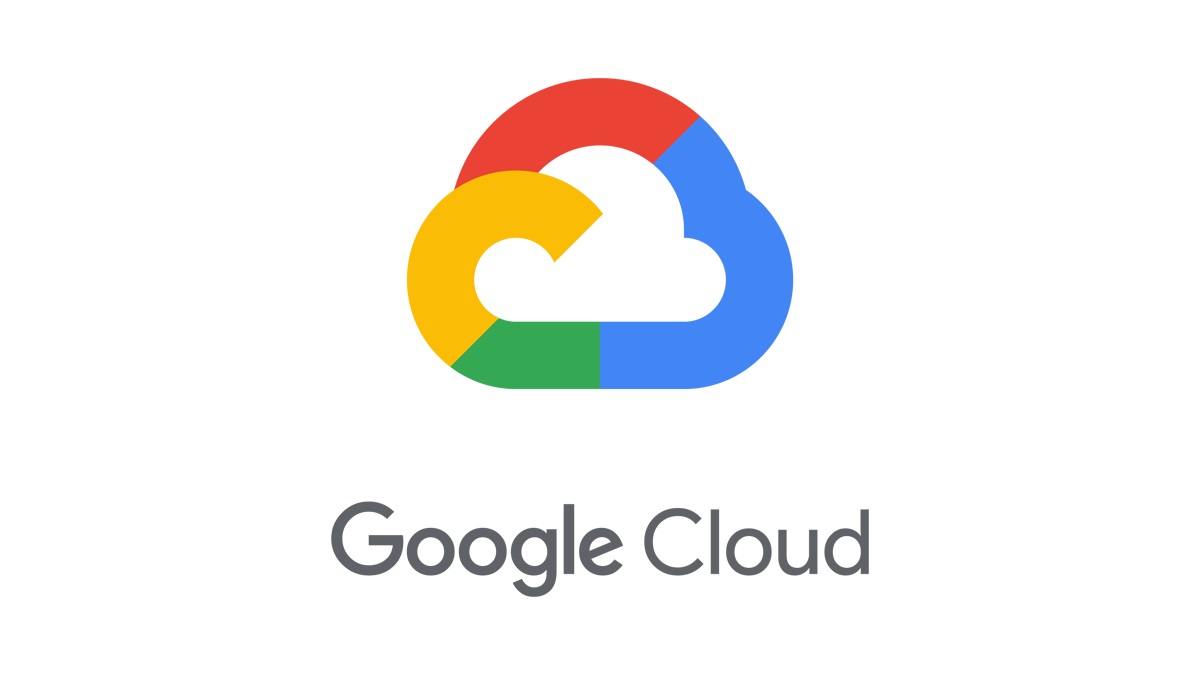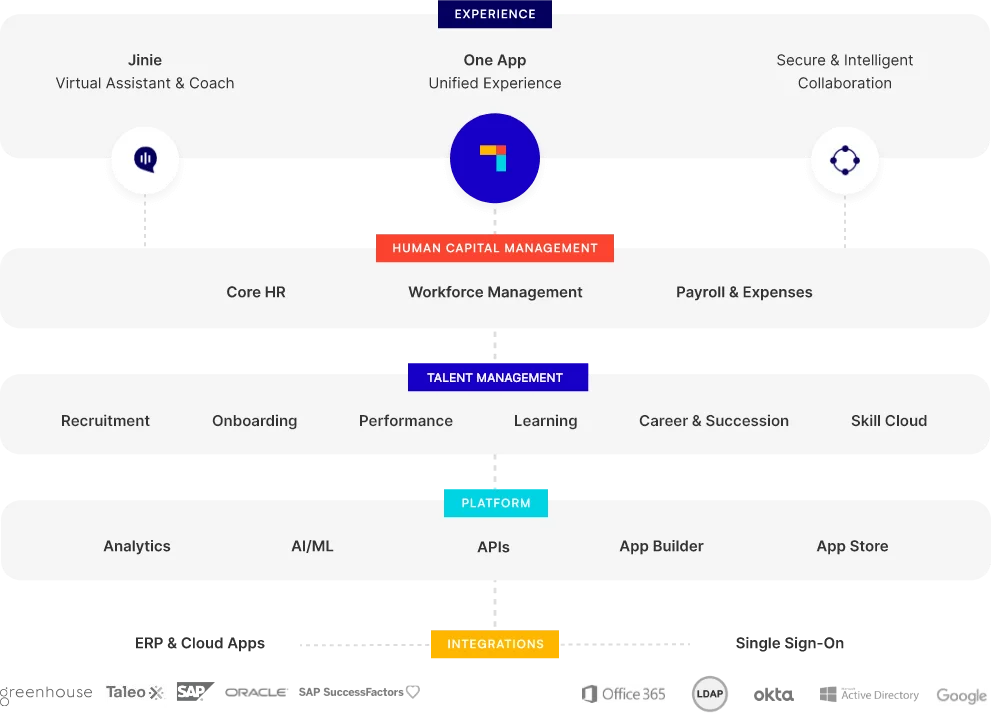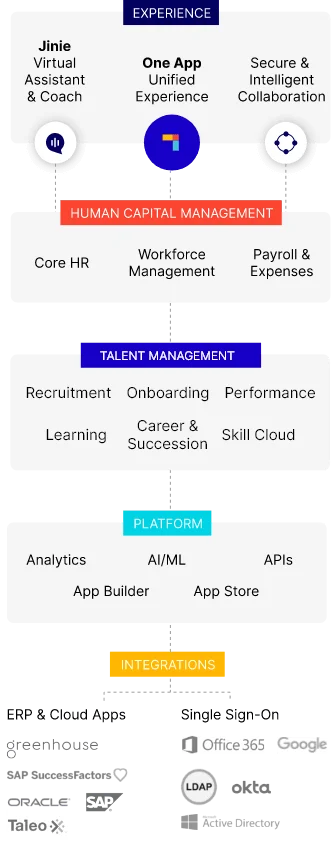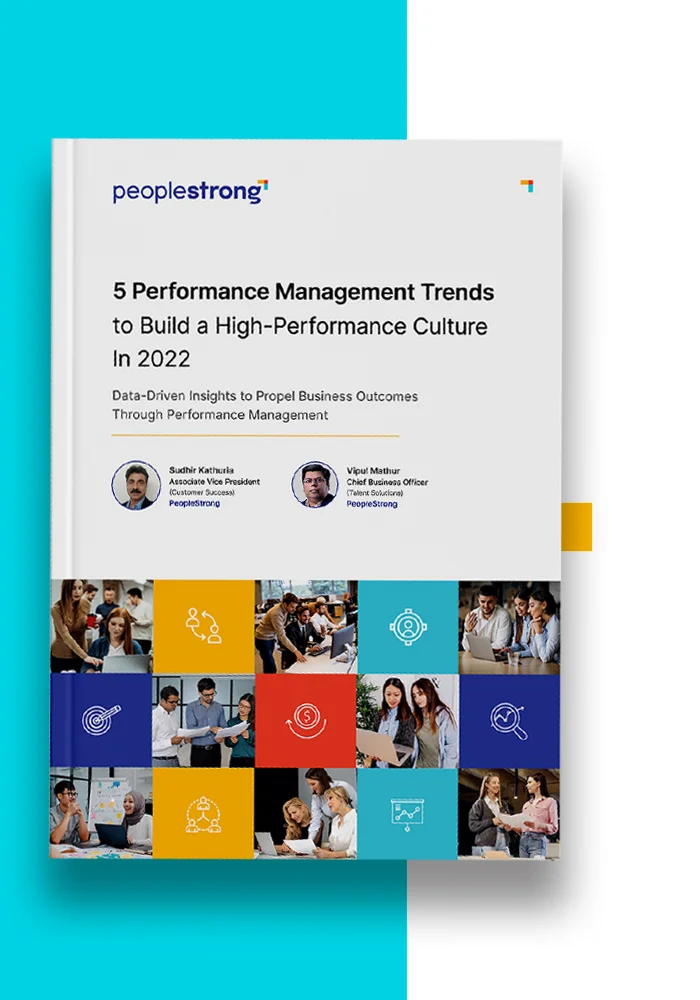Leading HR organizations are the ones which have already delved into the technologies by hiring the skilled employees and paving the way for a better integration of digital and human labor.
HR needs to be a function that takes the lead in understanding what makes people engaged, what cultures drive the most productive workplaces and what equations enable a true merging of human capability with technology.
By Prakash Rao
From operating in closed conference rooms to holding a chief seat at the senior leadership table, HR surely has come a long way. Today, the role of HR in planning and driving strategic growth is as important as technology or business leadership.
In recent years, HR has undergone dynamic shifts in its roles, functions and overall impact in shaping organizations. The need for a digital transformation from operating in a traditional cocoon is no longer an option. The sooner the shift happens, the higher the chances of survival.
A latest report by KPMG reveals two sides to this story. Out of the surveyed 1200 global HR executives from 64 countries, 39% of forward looking and confident HR leaders are harnessing the resources and insights to redefine obsolete models, and implement technologies such as analytics, digital labor and AI. However, most of the HR leaders remain confused and overwhelmed by so many new additions, thus facing a risk of extinction. They are either struggling to adapt to this digital era or ignoring change altogether.
Without a doubt, a large cloud of uncertainty does prevail in the minds of HR leaders across the globe in the backdrop of an inevitable and relentless change. These changes are also bringing about a huge transformation in the role of HR, mostly highlighted in points I mention in this article.
The ever-expanding role of the CHRO
The role of a CHRO is one of the most important in any company. The scope of this role is not only expanding, but also getting its due recognition and appreciation from the rest of the C-suite. Today, CHROs must assist businesses in paving the way for strategic growth across decisions relating to recruitment, compensation, talent management, performance management, training, employee experience and more. They also need to constantly develop themselves and use their knowledge to keep their organizations in the game.
CHROs today cannot just focus on day-to-day activities of HR. They are required to offer their inputs on high level business guidance and leadership on defining the very future of work. Helping organizations make a move from traditional, rigid systems to new agile organizational structures, CHROs can help steer this much needed engine of change. These strategies will help companies effectively address the ever-expanding need to crack talent needs and adjust to variety of employment arrangements to achieve business goals.
CHROs will also be able to put culture and diversity at the center. They must serve as custodians of culture, lead through example and align culture with core business goals. This would involve designing specific programs and strategies to ensure an engaged workplace, happy employees, reward strategies that retain talent and ensuring there is diversity and inclusion in every sense.
It is the CHRO that can bridge the gap between the digital and the human and suggest strategies to help achieve a balance for the future of work. They are the HR leaders who need to initiate and sustain the right conversations with other business leaders to carve out an intelligent path for a promising future.
Employee experience mirrors customer experience
The importance given to employee engagement as a strategic priority has never been more. As per G2 Crowd’s report, businesses will increase their employee engagement spending by 45% in 2019. And HR is what will drive this change.
Research has time and again highlighted the abysmal levels of employee engagement levels organizations suffer from. There is also a lot of evidence revealing the direct impact of higher employee engagement on business growth. Owing to this new-found interest in focusing on employees, HR is going to invest in HR technologies that will help them create exceptional employee experiences, right from onboarding to exit.
The new age employees are no less than customers. Just like how much effort and detail goes into mapping customer journeys, the same is the case with employees. Because just like without customers there is no business, without engaged employees, there is no culture. 2019 is the first time that five generations will be seen in the same workforce. The need to understand millennials and GenZ will have to gain priority.
The demand for outstanding talent is going to increase with time, and so is its scarcity in the talent market. The only way to stay competitive is by ensuring that the right people are hired, kept happy, motivated and retained. Understanding what employees want and what drives them should become business priority in order to survive in the unpredictable times coming up.
With a wide range of employee engagement solutions coming up, organizations will have to make mindful and intelligent choices in choosing the right technology to keep their workforce satisfied. Organizations can solicit and track feedback from employees, recognize and reward their achievements, mentor and coach them regularly and let their career expectations flourish. Engagement goes beyond just technology and will also include solutions around continual provision of on-demand training and focus on holistic employee wellbeing.
Collaboration between human and the digital
The global human resource management (HRM) sector is projected to reach $30 billion by 2025. Advancements in information technology (IT), predictive analytics, artificial intelligence and machine learning in HR processes is enabling professionals to perform traditional practices with much more ease and reduced time span. Over the next two years, more HR executives are planning investments in areas such as predictive analytics, enhanced process automation and artificial intelligence (AI).
There is a flip side to this as well. The rampant discussion around AI and machine learning is pushing companies to invest in technology, but without much knowledge on how to use it optimally. In KPMG’s report, 50% of HR leaders feel unprepared to use technology available around them.
A lack of people with the right skills, which is a capability issue, can be cited as one of the biggest challenges that limit organizations from facing and adapting to the fast pace of change. One of the most effective ways to brave this digital transformation is by hiring skilled employees and also upskilling them with time so that they are able to work in a digitally challenging environment.
Leading HR organizations are the ones which have already delved into the technologies by hiring the skilled employees and paving the way for a better integration of digital and human labor. They understand the benefits of automation of high volume and repetitive tasks as it frees employee time, who can then focus on tasks that create higher value for the business. Management can shift their focus from mundane activities and focus on ways to create more business efficiency, enhance performance and competitiveness. HR leaders are in the unique position of leading the future of work, stop working behind the scenes and pave the way for a new world of work.
The future of HR has arrived, and it is now. HR thus needs to be a function that takes the lead in understanding what makes people engaged, what cultures drive the most productive workplaces and what equations enable a true merging of human capability with technology.
The writer, Founding Member, Vice President, HCM, PeopleStrong
This article was published on Economic Times
PeopleStrong’s Recruitment Technology (Alt Recruit) is a smart, scalable and one-stop recruitment solution for hiring the top talent. It is not merely an Applicant Tracking System (ATS), rather is AI-enabled, Unified, Intuitive and Intelligent recruitment platform which powers end-to-end hiring processes of 100+ organization across the globe. It is integrated with 50+ candidate sourcing channels, processes over 1 million candidates per year and rolls out 60,000+ joining offers per year. Get in touch with our recruitment solutions executive to know more about Alt Recruit and how we can manage your Recruitments better.

